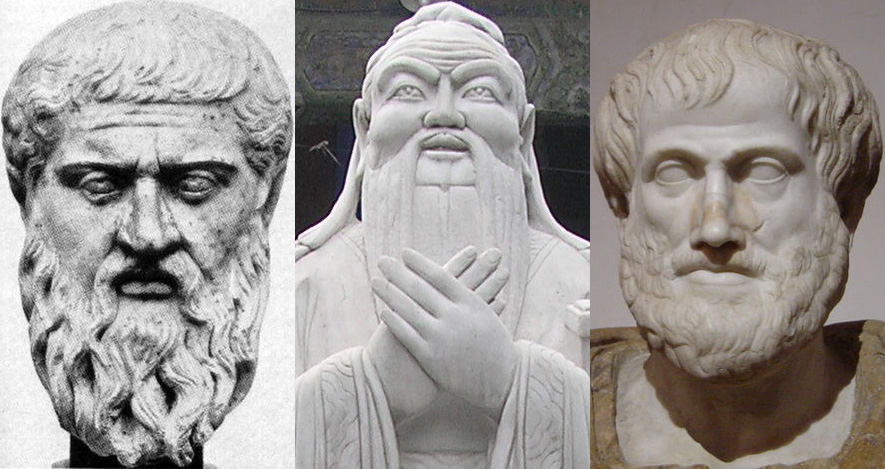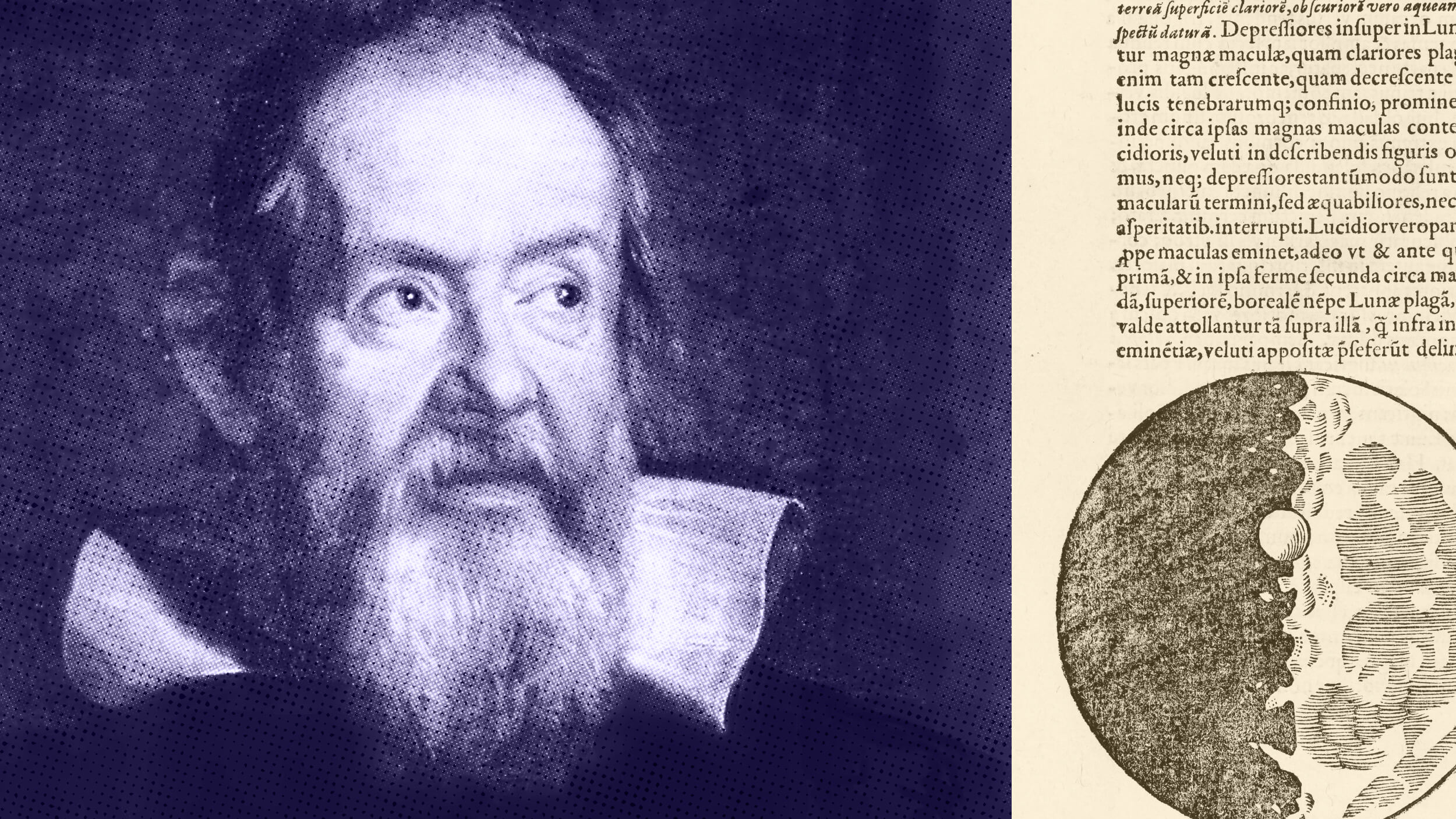Why Susan Neiman became a philosopher and who influenced her.
Neiman: I was a tail end of the ‘60s kid. I dropped out of high school as a matter of fact and- ‘cause I didn’t want to miss what was going on. I went on the road and did all the sorts of things that people did back then from Woodstock to the moratoriums against the Viet Nam War and it all collapsed pretty much at a certain point in this country anyway in ’72, ’73. And I don’t mean to say that I was theoretically caught up in the ‘60s. I wasn’t-- I was a kid. It’s not like I had seriously read Mancuso[ph?] or anything but it did seem time to think about what had gone wrong and where my life was going to go, and I just happened by good fortune or not to read a little Nietzsche and a little Sartre and I decided this is where the answers are; I want to become a philosopher. It was a long road from there to where I am now but that was what got me started.
Question: Who has influenced your life the most?
Neiman: That’s a hard question to answer because I always considered myself lucky to have had just in philosophy five really powerful teachers, two in Berlin and three at Harvard, but not any one of them. I think if I had simply been influenced by one of them I would be less independent than I am now so there isn’t simply one person whom I can name. I was a student at Harvard of John Rawls, Stanley Cavell and Burton Dreben. In Berlin I was a student of Yackel Talbis[ph?] and Margarita Funbantano[ph?] who aren’t known over here but again I benefited tremendously by being able to be around almost a surfeit of first-rate minds and take bits from all of them.





